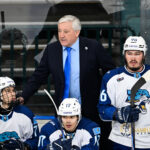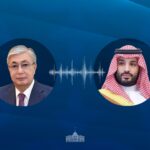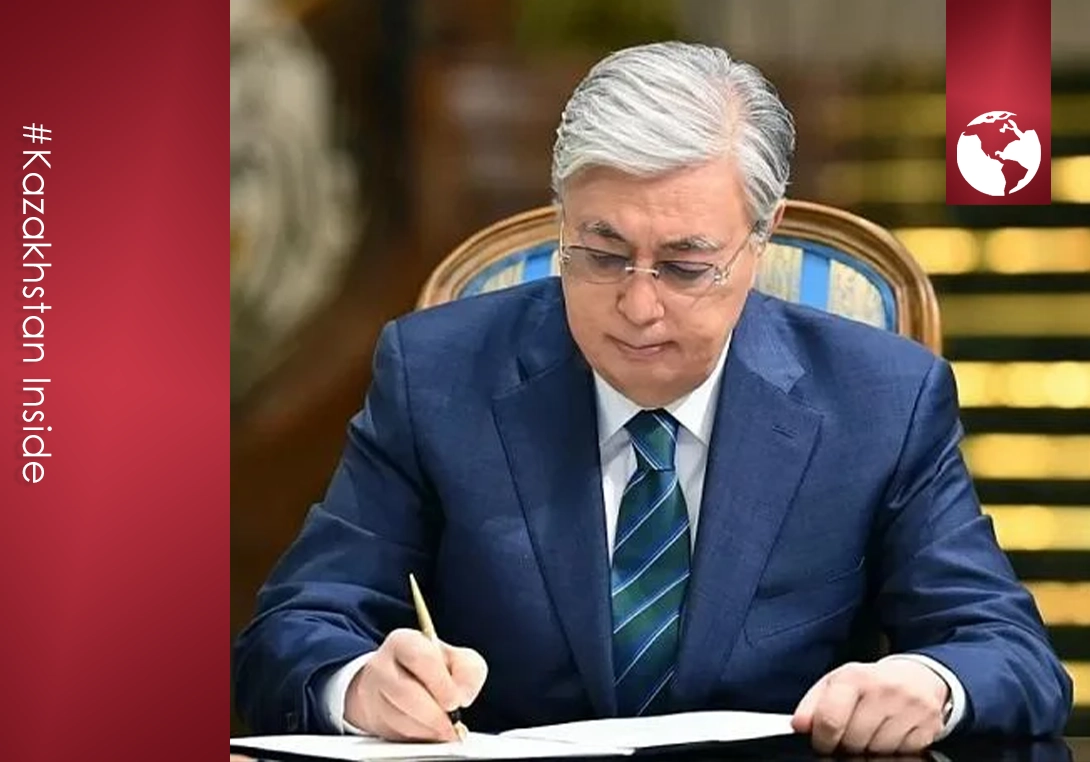Renowned political analyst Daniyar Ashimbayev has summed up some results of the outgoing year.
In his Telegram channel, the political analyst writes:
The challenging year of 2023 is coming to an end, and it is now possible to reflect on some outcomes. In addition to a massive domestic political agenda featuring reforms, initiatives, and numerous electoral campaigns, Kazakhstan and its leadership actively made their mark on the international stage. The objectives set at the beginning of the year are quite clear.
Firstly, to prevent Kazakhstan from getting involved in any global or regional conflicts.
Secondly, to safeguard the country’s domestic political space, political stability, and interethnic harmony from external threats.
Thirdly, to turn the risks and threats that emerged in the past year into opportunities for Kazakhstan.
Has Tokayev’s team succeeded in these tasks? The answer is quite evident. We have stable relations with all major powers. Assurances of Kazakhstan’s security and integrity have come from all sides. Relations with Moscow, Beijing, Washington, Ankara, Tehran, and Brussels are developing steadily, systematically, and dynamically. In Central Asia, despite personal relationships and competition in logistics, the C5+ format is actively functioning.
Through concerted efforts, external pressure on the domestic arena has been minimized. Various radical and provocative structures and individual figures have been neutralized. The adaptation of the economy and population to the consequences of external shocks played a role, and several conflict zones shifted to the background.
Kazakhstan managed to reconfigure logistics, simultaneously operating along the East-West and North-South corridors, modernizing its transportation networks, and attempting to outmaneuver potential competitive routes while integrating the interests of neighbors with its own. It is easy to notice that Kazakhstan significantly increased trade turnover with Russia, while carefully avoiding possible Western sanctions. The visit of French President Macron is noteworthy, as he essentially came to Astana as a petitioner for contracts in the energy sector and increased uranium supplies. It is characteristic that Kazakhstan did not provide a definitive answer, as it holds a diverse portfolio of options.
Certainly, every project involves a considerable amount of political maneuvering and compensatory actions that may displease third parties. However, in the final analysis, Kazakhstan and its president managed to ensure the resolution of all strategic tasks in this direction.









